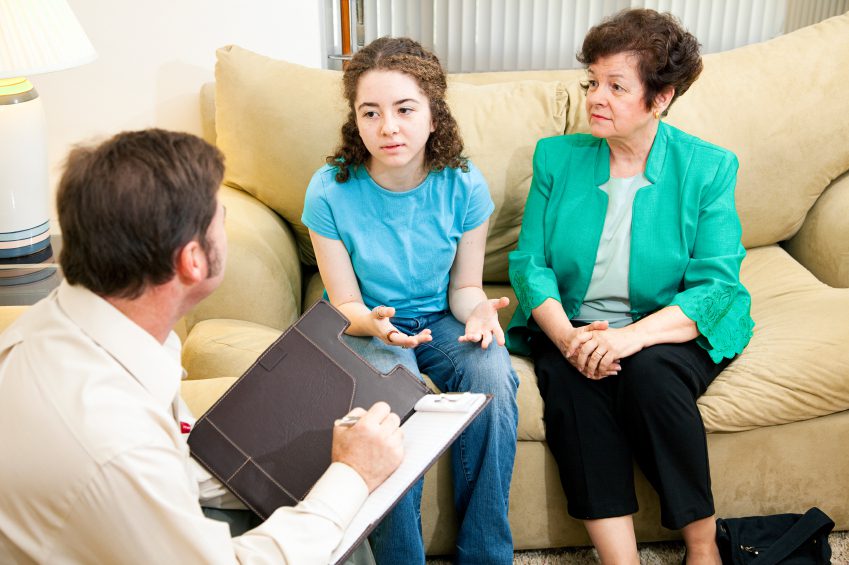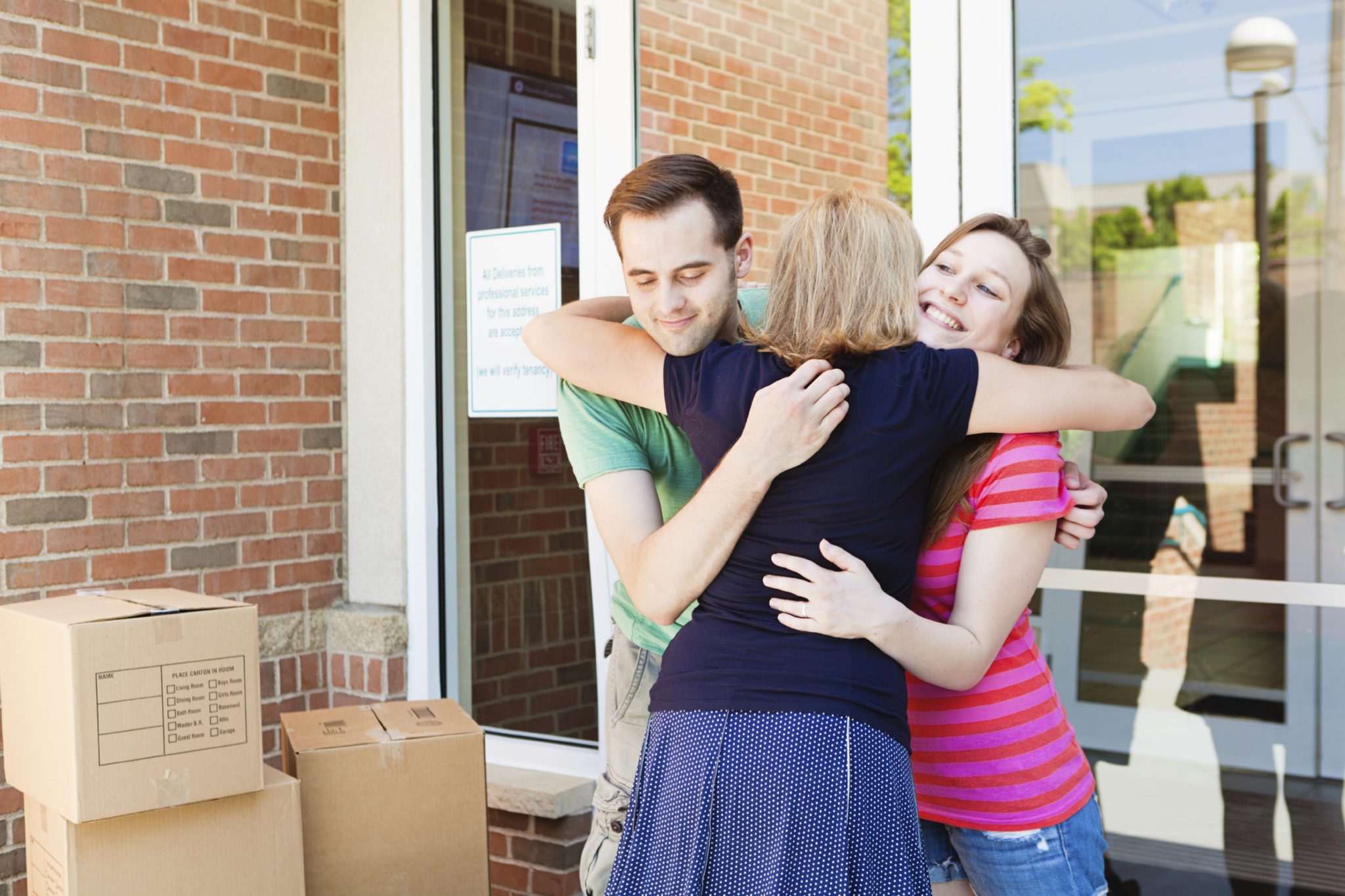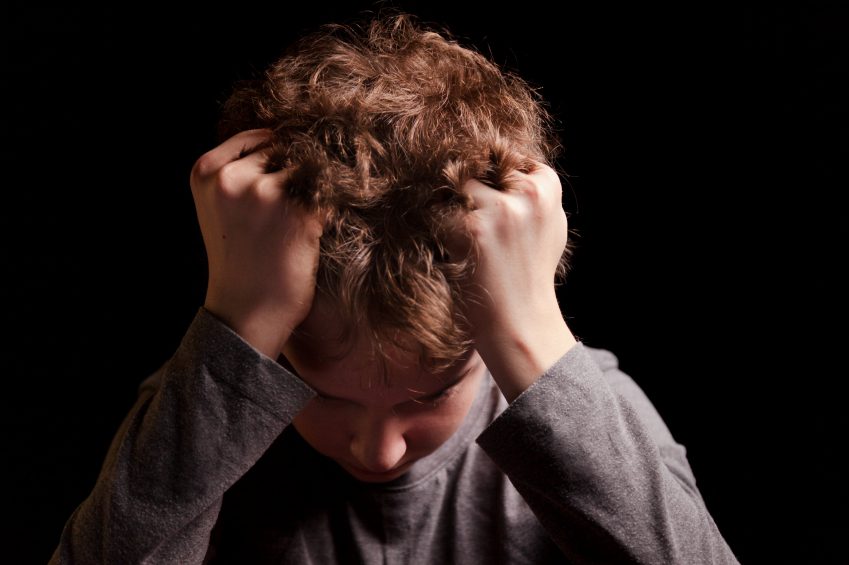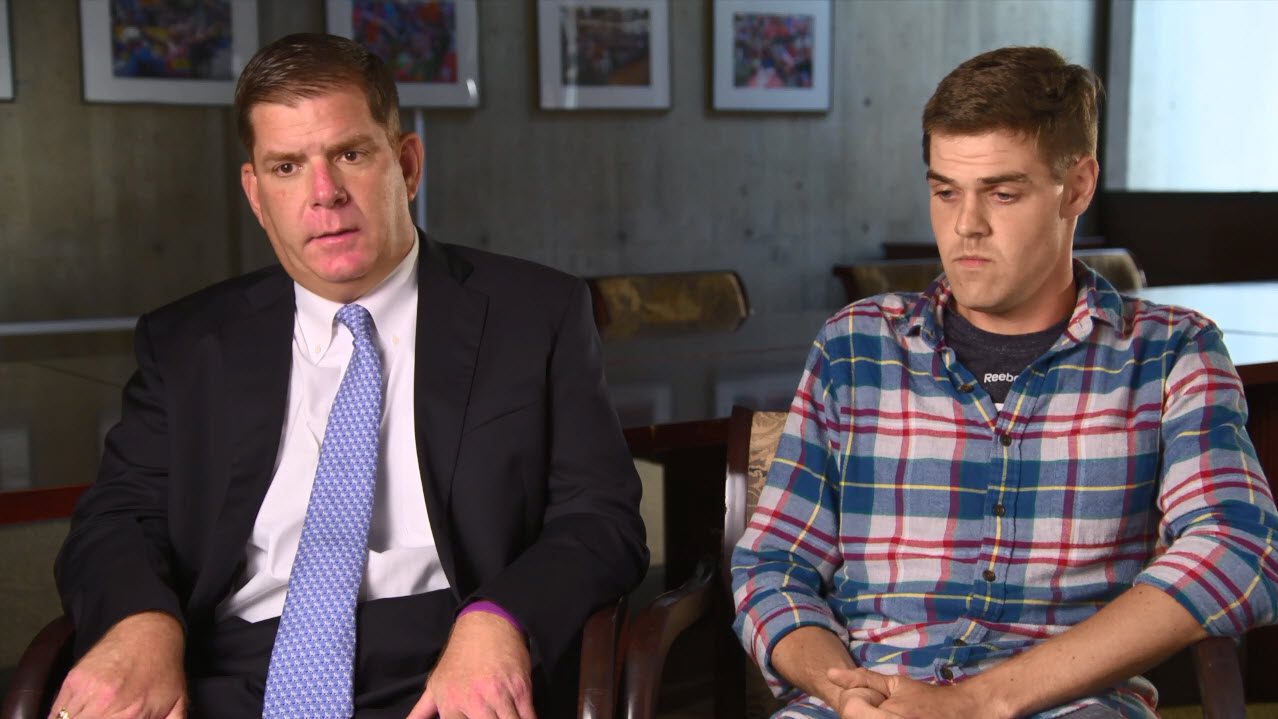Parenting Concerns
Driving Dyslexia Away

A young NASCAR star and his parents discuss his triumph over dyslexia, and the Clay Center team provides guidance on what you can do if your child has learning differences.
Includes a roundtable discussion with Drs. Gene Beresin, Ellen Braaten, and Steve Schlozman on the topic of dyslexia beginning at 3:07 of the segment.
More Kids Are Receiving Mental Health Care, But…

At The Clay Center, we find ourselves writing often about how seeking psychiatric treatment is stigmatized in the United States. We especially worry about this issue when it comes to children and adolescents.
Combating Mental Health Stigma

A look at why and how the stigma of mental illness persists in the African American community—among both young people and their families—and what some are doing to address it.
What Their Writing Told Me: The Taboo Of Mental Illness In The Hispanic Community

The following blog is part of The Clay Center’s series on diversity, which presents varying cultural perspectives and beliefs on mental health and well-being.
When Kids Leave Home: Part 1

This is the first blog post in a two-part series on adolescents’ transition to the “real world.”
To view the second blog post, click here.
Intro music written and performed by Dr. Gene Beresin.
Outro music arranged and performed by Dr. Gene Beresin.
Post-Traumatic Stress Disorder: A Primer

Post-traumatic stress disorder.
Even the term is a mouthful.
We often shorten the diagnosis to its initials—PTSD—but even that linguistic short-cut doesn’t take away from the fact that this is a deceptively complicated syndrome.
What Is Post-Traumatic Stress Disorder (PTSD)?

Sometimes really horrible things happen. Automobiles crash. Assaults, robberies, fires, natural disasters, terrorism—these are all products of our world that we hope to never have to face. Still, no one is immune; adults, children and adolescents endure horrors every day.
Have The Rules Changed For Our Kids And Concert Going?

The bomb attack at the Ariana Grande concert in England evokes a toxic milieu of fear, anger and, worst of all, a kind of insidious fatigue.
Listen To Your Kids, But Not Necessarily To Their Music

My first big concert was Foreigner. I can’t recall who opened for them, but I remember that it was loud.
My feet stuck to the half-dried beer that was splashed across the concrete floor of Kemper Arena in Kansas City, Missouri.
Could Your Honor Student Be A Heroin Addict?

This video offers two compelling chapters: first, a fictional sequence of a day in the life of a clean-cut teen addict, and second, a frank dialog with Boston Mayor Martin J. Walsh and a young man in recovery.



